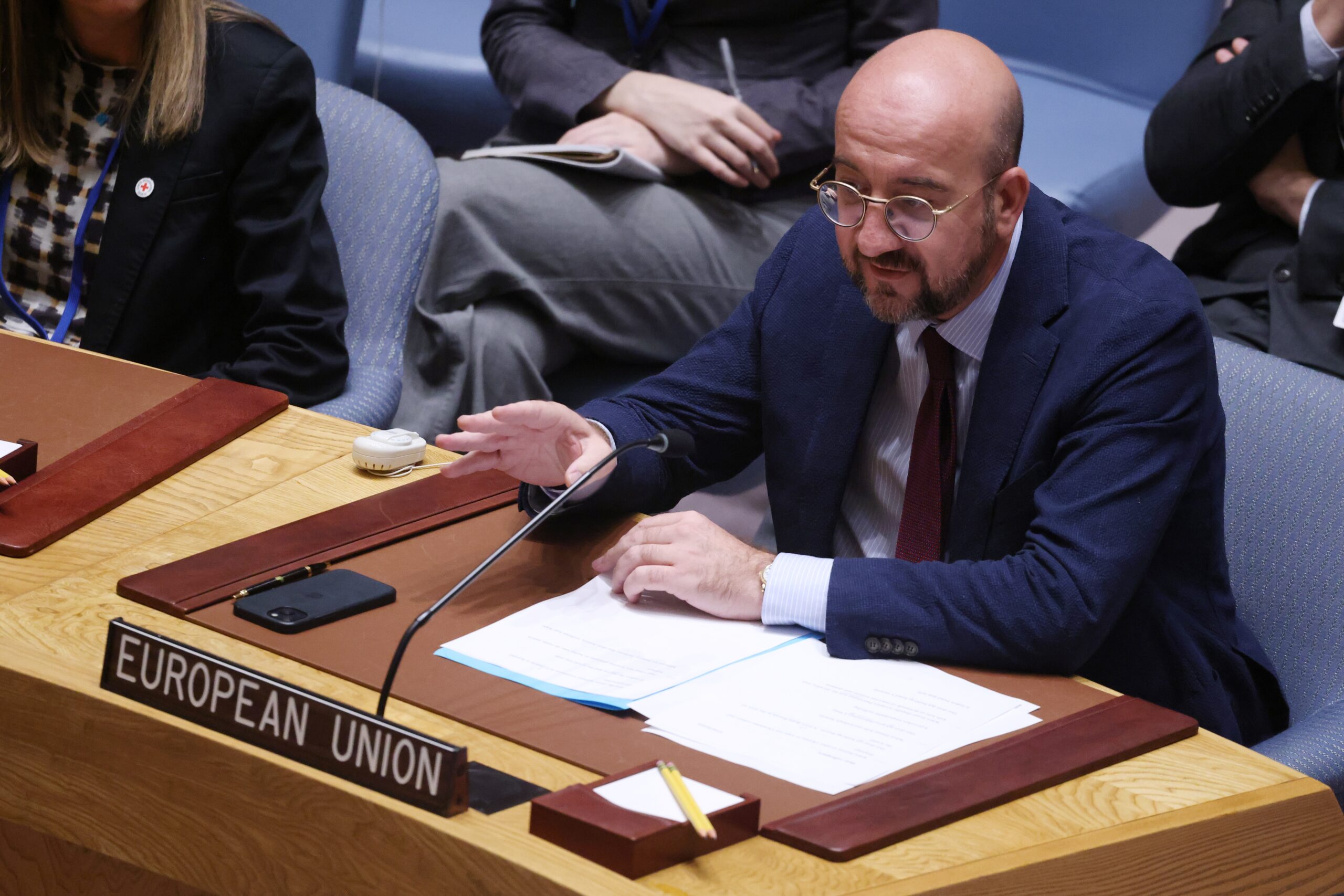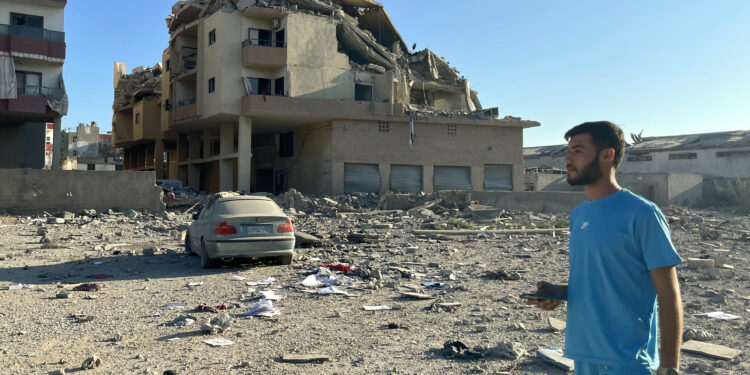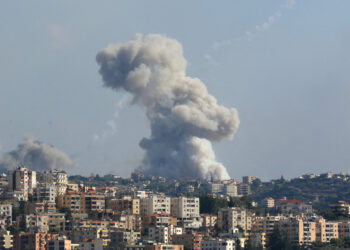Brussels – A three-week ceasefire to “provide space for diplomacy” is the call of the European Union, the United States, Australia, Canada, France, Germany, Italy, the United Kingdom, Japan, Qatar, Saudi Arabia, and the United Arab Emirates who launch a desperate appeal to Israel and Hezbollah to stop the escalation underway in Lebanon.
Some 700 casualties in 72 hours and the bogeyman of a ground operation in Lebanon: Israel is deploying the same destructive force shown in Gaza. In the past 24 hours, IDF raids have killed 81 people and wounded 403. On the other side of the blue line, Hezbollah continues to fire rockets in Israel’s direction. An “intolerable” situation that “presents an unacceptable risk of broader regional escalation,” reads the joint statement by the G7 countries, the three Gulf monarchies, the EU, and Australia. A crisis that “is in nobody’s interest, neither of the people of Israel nor of the people of Lebanon.”
It is time to conclude a diplomatic resolution “that enables civilians on both sides of the border to return to their homes in safety.” It must be an agreement that is consistent with the implementation of the UN Security Council resolutions on Lebanon and Gaza. However, as amply demonstrated in recent months by the failed negotiations between Hamas and Tel Aviv, diplomacy “cannot succeed amid an escalation.”
The call to “give a real chance to a diplomatic settlement” is addressed to “all parties” involved, “including the governments of Israel and Lebanon.” The signatories to the joint statement say they are “ready to fully support all diplomatic efforts to conclude an agreement within this period.”
Initial reactions coming from Israel are not encouraging.
The finance minister, religious extremist Bezalel Smotrich, said that “we must not give the enemy time to recover and regroup to continue the war after 21 days.” According to Smotrich, the only way to return displaced Israeli citizens to their homes on the Lebanese border is “Hezbollah’s surrender or war.” According to the Israeli newspaper Haaretz, the opposition leader, Yair Lapid, is reportedly trying to convince Netanyahu’s government to accept the truce, “but only for 7 days, so as not to allow Hezbollah to rebuild its command and control systems.”

Netanyahu’s office denied any opening toward a ceasefire. On the contrary, the prime minister reportedly authorized the military to continue “striking with full force” in Lebanon and Gaza until it achieves all war objectives. Last night, in a speech before the UN Security Council, European Council President Charles Michel called on the UN’s highest body to raise its voice. Because when crimes “go unpunished, they become normal, they become the law.”
In Gaza, as well as in Kyiv or Sudan, and the “more than irresponsible” escalation in Lebanon. Today’s conflicts call into question the authority of multilateral institutions, and, according to Michel, the reason also lies in the Security Council, where “some members are not living up to their responsibilities.” The Security Council must be reformed “to make it more inclusive, more legitimate, and more effective.” According to the EU leader, “It is time for all permanent members of this Council to live up to their historic responsibility.”
English version by the Translation Service of Withub


![Un momento della riunione informale del consiglio Affari esteri [Bruxelles, 29 agosto 2024. Foto: European Council]](https://www.eunews.it/wp-content/uploads/2024/08/borrell-kaag-350x250.jpg)




